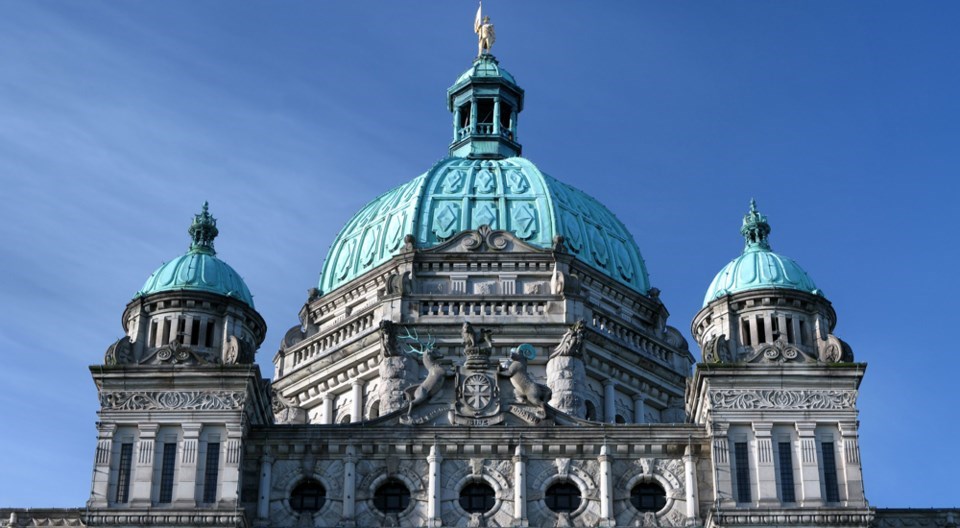Under-investment in public services and infrastructure not only hurts B.C. families, it also hurts our economy.
With the B.C. government projecting deficits in the latest provincial budget, critics are trying to raise alarm bells about spending. But a return to the cuts of the past would be disastrous for B.C.
The provincial BC Liberal government implemented devastating spending cuts in the early 2000s, weakening the health care and education systems, gutting investment in housing and neglecting the growing need for affordable child care. These cuts to public services were paired with tax cuts that disproportionately benefited the rich.
When people can’t find affordable homes to rent or own near businesses looking to expand, businesses struggle to find workers. When public child care isn’t widely available, fewer parents with young children can participate in the labour force. Failure to invest adequately to address climate change and the toxic drug supply only creates more costs and misery in the long run.
Today, rather than facing up to the challenge of restoring and sustaining critical public investments, critics appear more interested in drumming up fear about “reckless spending” and “ballooning debt.” This is echoed by opposition leaders claiming the budget is "bankrupting the people of the future” and is "the worst example of reckless spending that I [BC United leader Kevin Falcon] have ever seen."
This view of the B.C. budget is both misleading and myopic.
First, while the budget does include deficits (projected to decline over the three-year fiscal plan to $6.3 billion from $7.9 billion), at a time of slow economic growth, it’s appropriate to run deficits that will help support demand in the economy.
Second, running short-term fiscal deficits is far preferable to shortchanging public investments, which would only mean deepening deficits of another kind: Social, environmental and economic. Failing to invest now to address the backlog of need for services and infrastructure would undermine the long-term foundations of our economy.
Third, the B.C. budget includes significant “fiscal padding” to the tune of $3 billion to $4 billion per year in contingency funds, which means the final deficits may end up being lower than projected. This type of “fiscal surprise”—a lower-than-expected deficit or larger surplus—has happened every year under the current provincial government except in the first year of the pandemic.
Fourth, while provincial government debt will rise, it’s starting from a very low base. B.C. continues to have among the lowest debt-to-GDP ratios and interest costs of any province. Responding to the budget, even the big banks have noted “the government has some leeway with its still-affordable debt position.”
Does this mean that B.C. should plan to run large deficits indefinitely? No.
To sustain and increase public spending over time, the province should look to raise additional revenue.
British Columbia is a prosperous place, but that prosperity is too concentrated among those at the very top. Increased taxes on the rich would help reduce inequality and fund badly needed public investments that benefit all.
To raise revenue, obvious places to start would be tax measures focused on large corporations, wealthy landowners and those with the highest incomes.
B.C. is still a low-tax province. As the credit rating agency Moody’s has noted repeatedly in recent years, the province has the “flexibility to raise taxes if necessary while still remaining competitive with other jurisdictions.”
B.C. is investing less of our economic pie in the public good than we once did. As a share of GDP, provincial government operating spending hasn’t yet recovered from the deep cuts of the 2000s. If we restored provincial operating spending to the share of GDP that we had 25 years ago (and held it there), B.C. would have an additional $11 billion to spend over its three-year budgetary plan.
The government deserves credit for refusing to cave to calls for austerity and cuts in its latest budget. Scaled-up public investments are urgently needed in a wide range of areas including housing, child care, education, poverty and toxic drugs. Fortunately, B.C. has the economic capacity to do more.
Alex Hemingway is a senior economist at the Canadian Centre for Policy Alternatives’ B.C. office.




